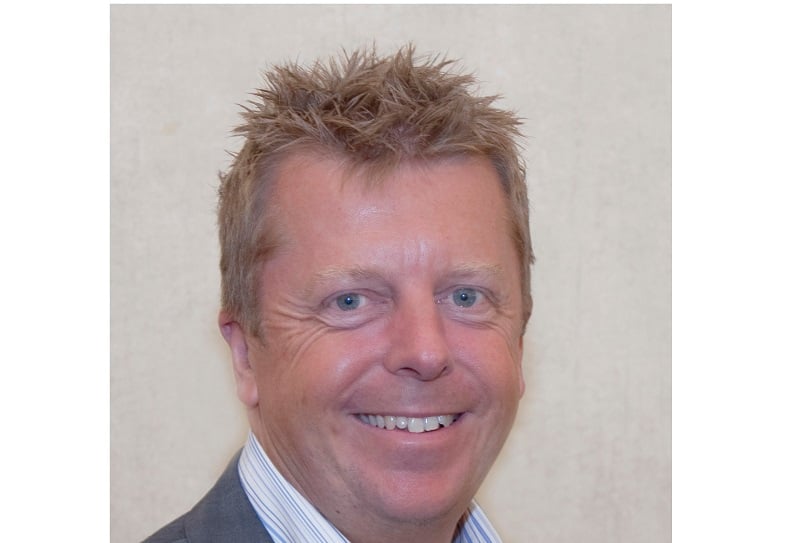It said this makes it clearer to the customer which products offer better terms based on the provider’s health questions.

Financial technology business IRESS has made changes to its equity release sourcing and quote service, including introducing a medical underwriting filter.
It said this makes it clearer to the customer which products offer better terms based on the provider’s health questions.
Dave Miller (pictured), executive general manager, commercial, IRESS, said: “These changes have been driven by a growing demand for equity release, engaging with our users on the functionality they want and need, and changing customer needs.
“Our equity release services will continue to develop over time to help advisers keep abreast of product changes across this dynamic market.
“These technology improvements deliver a greater richness of information that advisers now require to evaluate products quickly and more comprehensively.
“These changes will help advisers arrive at a suitable equity release recommendation with the supporting evidence required.
“Over the coming months we plan to introduce real-time equity release quotes and the capability to retrieve Key Facts Illustrations (KFIs) from within the sourcing service.”
IRESS has introduced a post quote filtering in the PDF report, a new report option allowing all the filters applied to be reflected in the report. This reduces the number of shortlisted products and making the suitability of a recommendation easier to evidence and explain to customers.
It has also introduced annual interest charting, displaying the effect of interest over the expected term of the policy to simply compare the property value with the loan amount. IRESS said this makes it easier to see how much of the estate will be required to pay back the loan.
IRESS has also added a functionality which allows users to choose between England, Scotland, Wales and Northern Ireland to allow terms specific to each country.
There has been a rapid expansion in the number of equity release products, with around 280 results returned for a typical search. This is an eight-fold increase since 2015.


